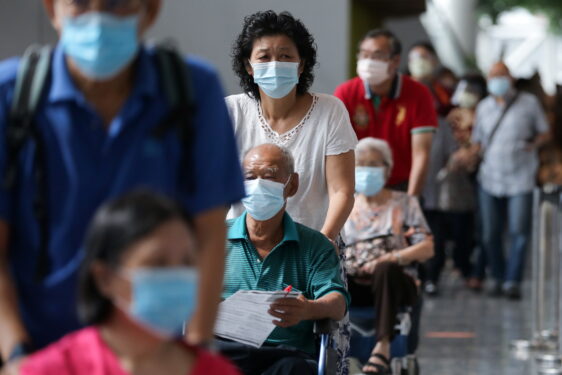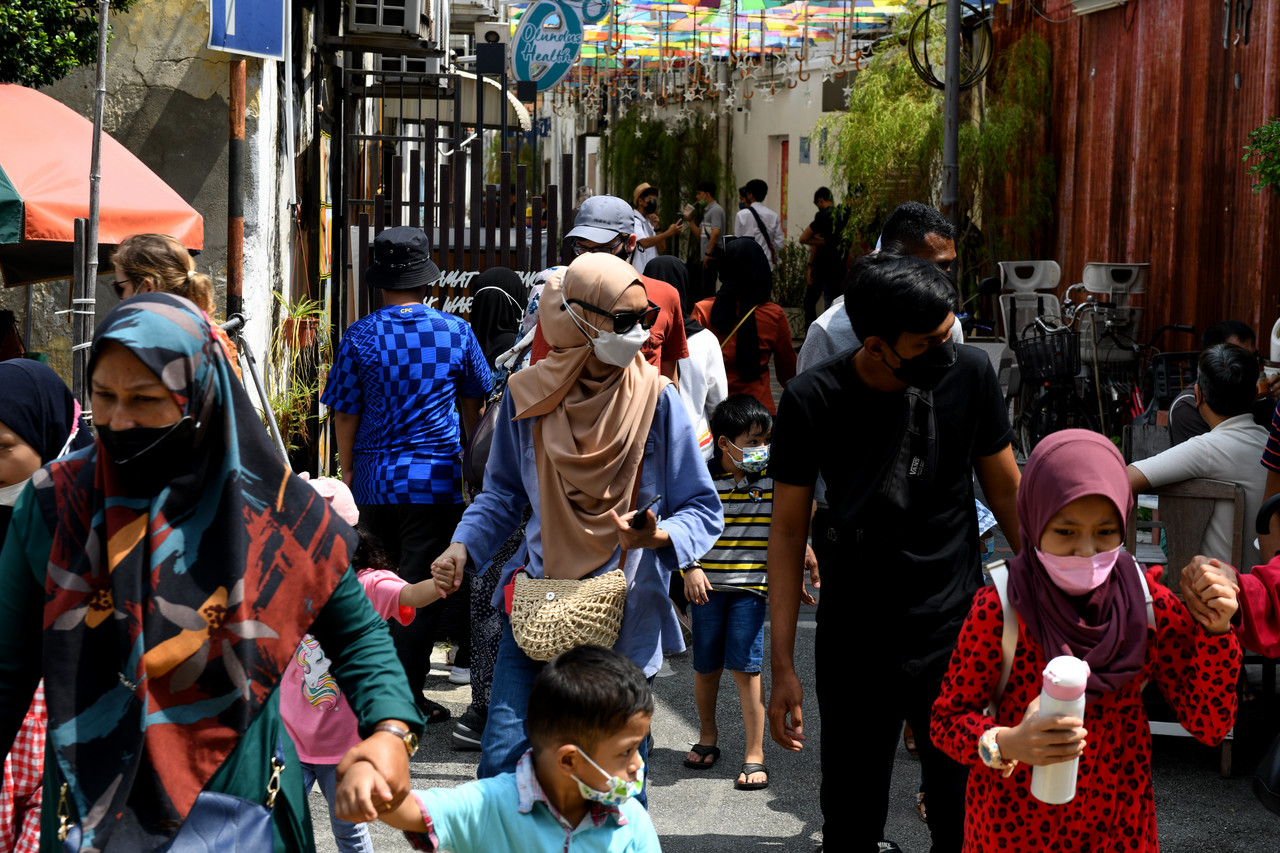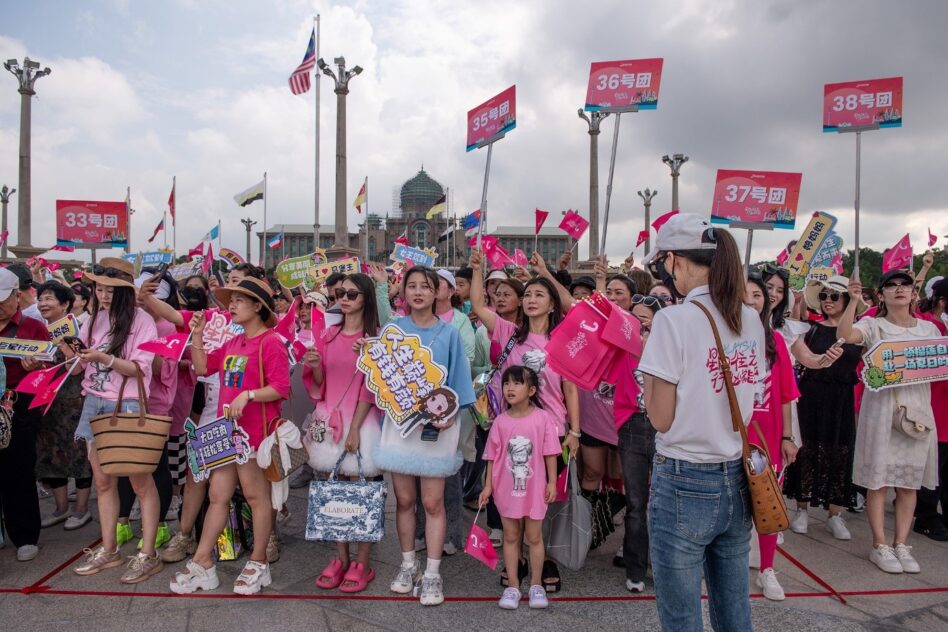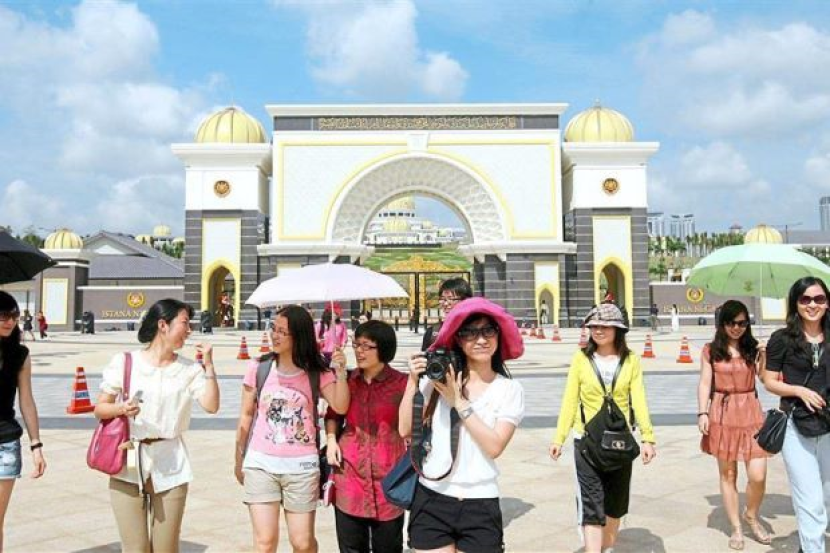COVID-19 has inflicted much damages on the economy and society worldwide including Malaysia, compelling painful adjustments to the new reality.
This is where we must ponder on how to be prepared on all fronts (fiscal space, economic resilience, business vitality, health and social protection) to withstand future financial, economic and non-economic shocks such as health, geopolitical and climate change.
After enduring the painful pandemic impact for two years, Malaysia is transitioning into an endemic phase starting yesterday, which comes at a time when the world economy is still turbulent.
Multitude of shocks pose significant downside risks to the global economy – the war in Ukraine, new negative supply shocks, strong inflationary pressures and the ending of super easy monetary policies. Global stagflation and recessionary risks are already affecting some advanced economies.
Nevertheless, the economic despair experienced during the pandemic gives us an opportunity to reflect on the current structural issues and constraints that require us to recalibrate and undertake politically feasible reforms to deliver a more inclusive, resilient, and sustainable future.
Here are some things we can do to enable Malaysia to be better prepared in the future:
Leaner government and rebuild public savings.
The Government needs to fix its budget and should stop dis-saving during the good times and resource boom (especially high crude oil prices).
The Government’s spending on operating and development expenditures must be scrutinised and prioritised to ensure that they are productive (getting good value for money in public spending), and contribute to the expansion of productive capacity in the economy.
It would be better for the Government to get leaner and rebuild savings for rainy days. We need the Government to spend prudently and run budget surpluses to add to national savings, ramp up investments in productive assets that will boost economic growth and raise our living standards. Large fiscal space allows it to adopt counter cyclical short-term fiscal stimulus programmes.
The unsustainable deficits and public debt would have negative effect on households’ savings as they have pay high taxes to help funding the budget deficit and servicing the debt service charges. This means that persistent budget deficits constrain the lowering of future tax rate as it reduces tax revenue collection.
Politically feasible tax system reforms
The tax system must reward greater work efforts and productivity — relying less on labour and capital income taxes and more on consumption taxes would encourage household savings.
Reduce compliance and regulatory costs
For businesses, too many taxes, regulatory and compliance costs, notably corporate income taxes and property taxes raise costs and encourage distribution of earnings rather than reinvestment.
These taxes are expected to tilt private investment away from investing in plant, machinery, equipment and intellectual property and towards speculative and quick gains investment such as real estates.
Gaps in the education sector to utilise technology for online education
Improving the delivery and quality of online education should be a key priority, especially in the rural and less affordable households. Enhance the quality of manpower with appropriate skills through better enhancement framework of technical and vocational education and training (TVET) for serving cost and product competitive business and industry.
Inadequacies and inefficiencies in the healthcare sector.
Malaysia’s health expenditure (both public and private spending) has been steadily increasing from 4.2% of the gross domestic product (GDP) in 2016 to 4.7% of GDP in 2020. Besides increasing public expenditure in health sector, a universal healthcare system must be considered.
A leaner, efficient and capable healthcare administrative structure to ensure prudent utilisation of funds for maintaining the quality of access and affordable healthcare services must be established.
Gaps in social protection schemes
Social assistance schemes rose from 95 in 2012 to 137 in 2020. However, there are weak points in Malaysia’s social protection system, including fragmentation and duplication of programmes.
Faced with fiscal constraints, the social protection schemes can be streamlined, better targetted and strengthened in terms of administration mechanism and effective delivery to the beneficiaries using digital technologies.
Aged care reforms and retirement savings must be enhanced. Many Malaysians are in danger of not having retirement savings to maintain their minimum standard of living during retirement. The problem is getting worse over time and brewing the retirement crisis.
In 2020, 10.3% of total population (3.4 million people) aged 60 compared to 7.9% in 2010. As population aging increases, it will become a more central aspect of any public programmes to bolster national savings.
The Government will be responsible for the provision of adequate social safety net to protect as well as supplement for the essential needs of needy elderly through the provision subsidised public services such as public healthcare, housing, transportation, long life learning programmes and community care centres for the elderly.
Malaysia needs a fundamental reform and approach to enhance existing retirement protection system in enabling the elderly to maintain a reasonable standard of living in their twilight years.

Maintain a clear focus on the long-term best interests of members to ensure that consistent better dividend payment while preserving contributors’ savings and safeguard their interests and retirement.
Enhance proper financial planning awareness for retirement savings; create a conducive policy environment to encourage the market to develop more retirement investment financial products and wealth management such as annuity plans or retail saving bonds with a longer-term maturity and provide tax concessions to incentivise more voluntary retirement savings.
Reset agriculture and rural farming sectors
The pandemic-induced supply chain disruptions, climate change and a risk of food scarcity (food security) necessitates total transformation of the agriculture sector.
Modern and smart farming for increased productivity via digitalised technology and developing robust supply chain for agricultural products should be key areas to focus on.
Bolder farm land reforms (longer land leasing) to improve the efficiency of land allocation. Agricultural logistics and delivery system along the whole supply chains should be strengthened to curtail the influence of the middlemen. Focus on research and development (R&D) in agricultural products to increase high value-added food production and export potential.
Launching of programmes such as One Village, One Product or One District, One Product could create local employment and rejuvenate rural economies as well. – April 3, 2022
Lee Heng Guie is the executive director of the think-tank, Socio-Economic Research Centre (SERC).
The views expressed are solely of the author and do not necessarily reflect those of Focus Malaysia.










